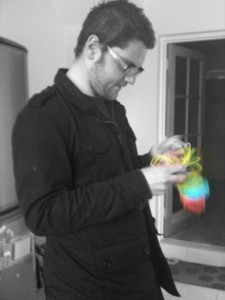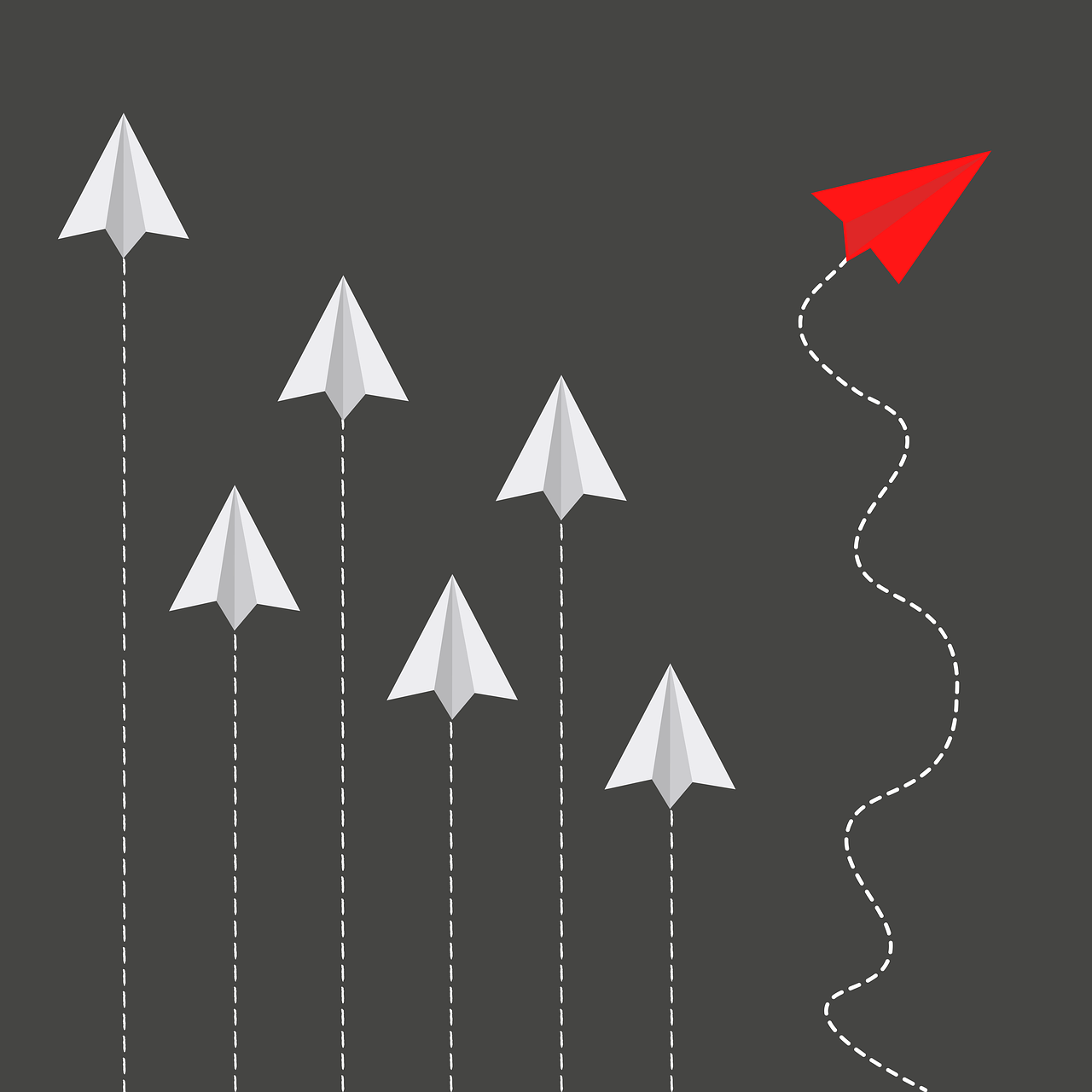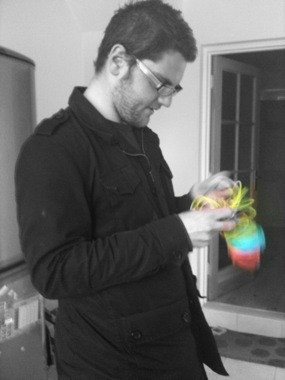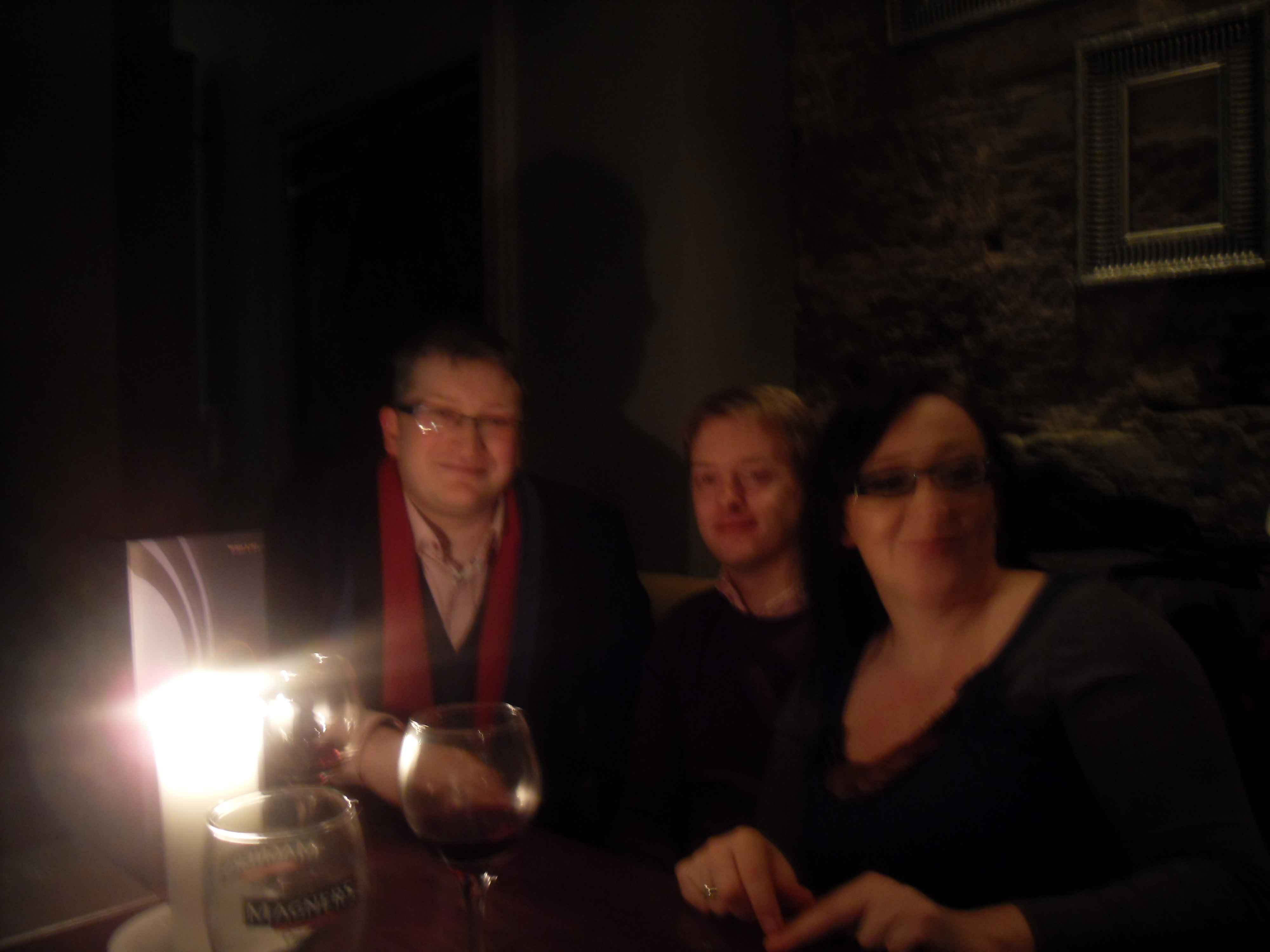

Received an email recently from John Tredennick, CEO & Founder of Merlin Search Technologies, Inc and thought I’d share with readers,

By Malcolm Trotter, global education and training professional In the pursuit of career ambitions, investing in oneself and securing credible

While our mission is to be one of the world’s leading resources on law, digital and legal technology, helping the
Product liability attorneys play a crucial role in securing the compensation you deserve. Imagine this: you’ve just purchased a new
Finding yourself in a car accident can be a harrowing experience. In the midst of dealing with injuries, insurance claims,

By Amanda Hamilton, Patron of the National Association of Licensed Paralegals (NALP) Paralegals play a vital role in law firms,

It may be argued that none of these were quite as menacing as the first tweet by Paul Chambers, but if the English judiciary is to stand by its precedent, then why has no further enforcement taken place? The reason is that society, which takes a place in any legal system, has revolted against what is surely one of the most misguided pieces of judicial reasoning of the 21st century, principally due to the common failure of the law being able to keep up with technology.

Another tweetup in Glasgow sees several lawyers from across Scotland get together to discuss Twitter, the law and just about everything else that isn’t Twitter or law (racking my brains).

To what extent is social media dominating the Internet and changing the face of business? Watch this video to discover out the figures
How to Write a First Class Law Dissertation – My honours law dissertation, top tips and a great video from an ex-Cambridge professor. Enjoy!
How to write a bibliography to conclude your first-class dissertation There are three stages for completing an abundant and competent
The conclusion to your dissertation is, arguably, the most important part and is, therefore, potentially a major differentiator between a first class dissertation and a second class one.
There are three things which you should bear in mind:-
Creative argument is essential if you’re going to get a first. Perhaps only unless your tutor or professor doesn’t know the topic well can you get away rehashing old argument and ideas that have been discussed thousands of times before.
Separating a dissertation into manageable chunks from the initial stages of structural planning gives you freedom to start afresh to write about a different but related topic once concluding another section. Access to a court, for instance, is a separate right from the right for a trial to be heard and decided within a reasonable time. It, thus, merits a separate chapter with its own introduction, subsections and conclusions.
A certain English teacher, Sandra MacCallum, at Kyle Academy once taught that, sometimes, “you’ve got to put your foot into the icy water”. Don’t be afraid to come to powerful conclusions.
As noted in the previous post, one of the most important breakthroughs in writing your dissertation can come from spotting a gap where something has not yet been discussed. Once writing to fill that gap, it may be helpful to ask yourself what other angles there are to the debate. Or think about if the matter went to an official debate or, for law dissertations, to court. Think about creative arguments that an advocate might run and try to develop them yourself. Such development can lead to your getting a first rather than a 2:1.
Another thing that truly separates a first class dissertation from a second class one is discussion of ideas and issues that have never before been discussed. The following is an example of such a proposition and discussion, all of which stemmed from one footnote in an academic article that said a certain proposition “had never been discussed before in the courts of the UK”. Finding this loophole was essential to the dissertation’s success.
Chapter 1: Setting the scene Depending on the nature of your dissertation, you may need to set the scene further.

Centred on a narrow topic of international private law and human rights, this dissertation received a first class honours award from the University of Glasgow in 2007 under Dr Janeen Carruthers and Professor Elizabeth Crawford, and was verified externally by Professor Richard Fentiman of Cambridge University.
Each year across the world, each university demands that its students submit essays and dissertations electronically. But very little of that work is published online for the world to read. If it was so published, the knowledge contained within would be shared with billions of people around the planet. It follows that students would gain greater incentive to make their work of better quality. So, why not publish worldwide? Below are outlined the current trends towards emphasis on virtual learning and information dissemination through social media, followed by suggested reasons for universities not publishing students’ work more for free, concluding with a recommended course of action for all universities throughout the world to consider.